Winter Health Guide: How Seniors Can Prevent Colds and Joint Pain
Winter can be tough for seniors. Cold weather brings sneezes, sniffles, and stiff joints. As we age, our immune systems weaken, and the cold doesn’t help. But don’t worry—there are ways to stay healthy and comfortable this season.
Why does winter hit harder for seniors?
Aging bodies go through changes. The immune system isn't as strong, making it easier to catch colds or the flu. Muscles shrink, and joints stiffen, especially in cold weather. For those with arthritis, it’s even worse.
Winter’s chilly air, indoor heating, and lack of sunlight can make things harder. But with the right care, seniors can stay on top of their health.
Preventing colds and respiratory infections
The cold winter months bring the highest incidence of respiratory infections, especially for seniors. This includes colds, flu, and pneumonia. To minimize this risk, the immune system must be improved, with heat and proper hygiene playing a key role.
●Get Vaccinated
Taking preventive flu vaccinations is one of the easiest ways to prevent seniors from getting any severe form of winter respiratory disease. Influenza is one vaccine that senior citizens must take every year.
To make matters worse, elders are especially vulnerable to pneumonia, and a vaccination against this disease is also a must—pneumococcus.
●Wash hands regularly.
Washing hands is another easy but effective protective measure against colds and other infections.
The elderly population should wash their hands often with soap and water after using the bathroom, returning from public places, touching doorknobs, or before eating food. Hand disinfectants may serve their purpose when water and soap are in short supply.
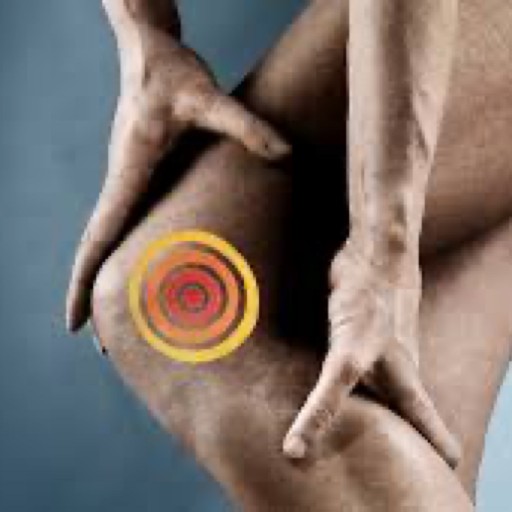
●Stay hydrated
Cold weather fools us into forgetting about water. But hydration is key for a strong immune system. Sip on water, herbal teas, or warm soups to stay hydrated. This keeps mucous membranes moist and ready to fight off colds.
●Eat a balanced diet
Food is your winter shield. Load up on fruits, veggies, whole grains, and lean proteins. Don’t forget healthy fats too. Food rich in vitamin C, D, and zinc gives your immune system a boost. Since the sun takes a winter break, a vitamin D supplement might be a good idea.
●Stay warm
Cold weather can wear down your immune defenses. Layer up, throw on a cozy hat, and wrap that scarf around your nose and mouth. Indoors, keep things toasty with a heater and blankets. Your body will thank you.
●Avoid crowded places.
Winter is virus season, and crowded spaces are a playground for colds and flu. Skip the crowds when you can, especially during flu season. If you have to venture out, a mask and some personal space can keep germs at bay.
How to manage and prevent joint pains?
Joint pain is a common concern for the seniors during the winter. Cold impacts even the most mobile joints, which get stiffer and more painful as days go by. This problem is worst in arthritis patients. While waiting for winter to be over is an option, there are various ways to minimize joint pain for seniors.
Staying active
Remaining physically active during the winter can be the most effective measure against joint aches. But this is easier said than done. Many seniors tend to avoid physical activity in frigid temperatures but this only exacerbates the problem.
As a solution, seniors can participate in less strenuous activities like walking, swimming, or stretching in order to remain physically active. In fact, indoor activities such as yoga or Tai chi have been shown to be useful in maintaining and/or enhancing the joint.

All these activities promote enhanced flexibility, strength, and balance, which helps to reduce the risks associated with cold temperatures on joints.
Dress Warmly
Cold weather can be a joint's worst enemy. So, layering up is key! Keep those knees, hips, and hands toasty with thermal clothing, gloves, and supportive shoes. A little warmth can go a long way in reducing discomfort.
Use heat therapy
For seniors battling arthritis or chronic joint pain, heat therapy is a game changer. Heating pads, warm baths, and hot water bottles can soothe aching joints and boost circulation. Just remember, don’t overdo it! Keep the temperature comfy and avoid burns.
Maintain a Healthy Weight
Extra weight can put a real strain on joints, especially in the winter. Seniors should focus on a balanced diet and staying active to maintain a healthy weight. Even losing a little can make a big difference in joint pain and mobility.
Use supplements
Some dietary supplements can be beneficial to older adults who are experiencing joint pain. Omega-3 fatty acids, found in fish oil, have a number of beneficial inflammatory effects that allow increased movement without joint pain.
Glucosamine and chondroitin are commonly used dietary supplements for joint health among the elderly. However, they are advised to speak with their doctor before starting these supplements.
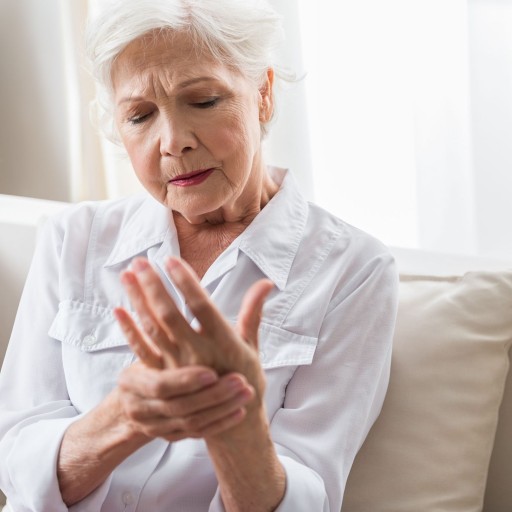
Get regular checkups
Seniors with osteoarthritis pain should be evaluated by a healthcare provider to manage the condition. The doctor is capable of prescribing medication that is more effective for relieving the pain. They can also advise going for physical therapy.
Additional Winter Health Tips for Seniors
Staying healthy in winter goes beyond avoiding colds and managing joint pain.
Here are some extra tips for seniors.
●Get Plenty of Rest
Sleep is your immune system's best friend. Seniors should aim for 7-9 hours each night. A consistent sleep routine and a cozy sleeping environment can really boost sleep quality.
●Keep the Home Safe
Winter can turn walkways into ice rinks, raising the risk of falls. Seniors should clear pathways, sprinkle salt to prevent ice, and add grab bars in the bathroom for extra support. Safety first!
Winter doesn’t have to be a struggle for seniors. With some smart moves, older adults can stay healthy and comfy all season long. Get vaccinated, stay active, and bundle up in warm clothes.
A balanced diet is your secret weapon against winter woes. With a bit of planning and care, seniors can enjoy winter without letting it take a toll on their health.
OTHER NEWS
-
- Essential Camp Kitchen Gear for Culinary Adventures
- By Kamal Singh 10 May,2024
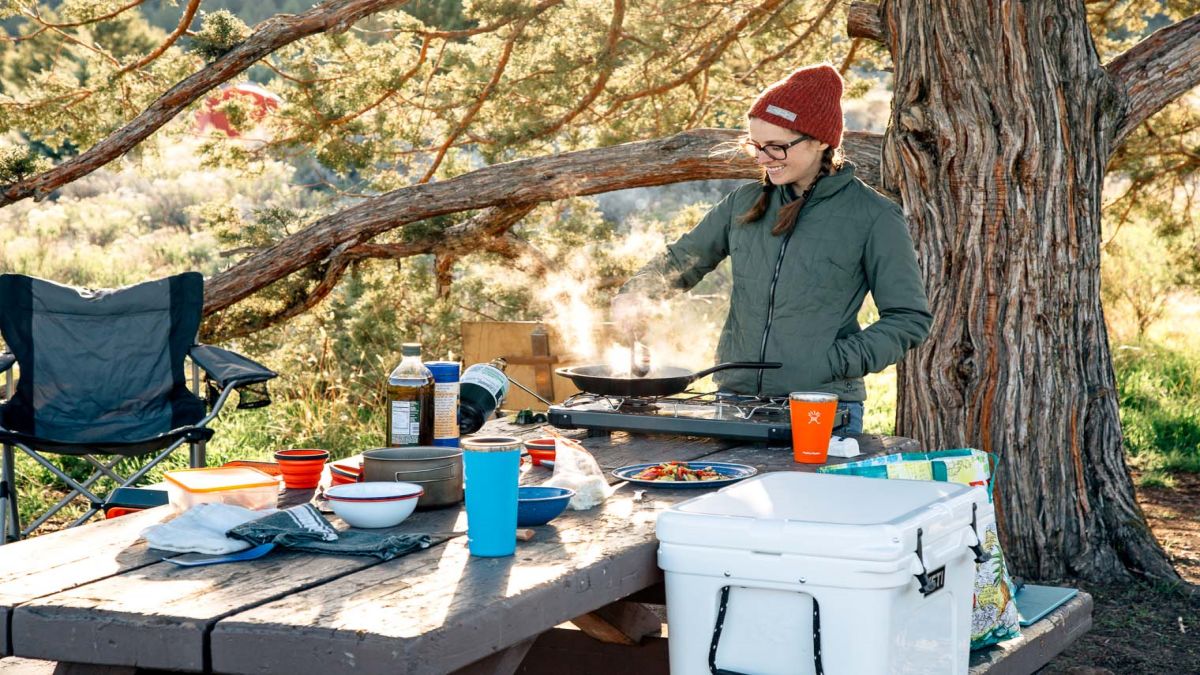
-
- Gear Up and Go: Your Beginner's Guide to Finding the Perfect Bicycle
- By Kamal Singh 17 May,2024

-
- Is Your Bike Talking Trash? Translate Bicycle Trouble with These Easy Fixes
- By Kamal Singh 17 May,2024

-
- The Best Hiking Gear For Seniors
- By Prodosh Kundu 21 Oct,2024

-
- Recommended Hiking Trails For Seniors: From City Paths To Mountain Paths
- By Prodosh Kundu 15 Oct,2024

-
- Fortress of Comfort: Choosing the Perfect Tent for Your Backcountry Adventures
- By Kamal Singh 07 May,2024
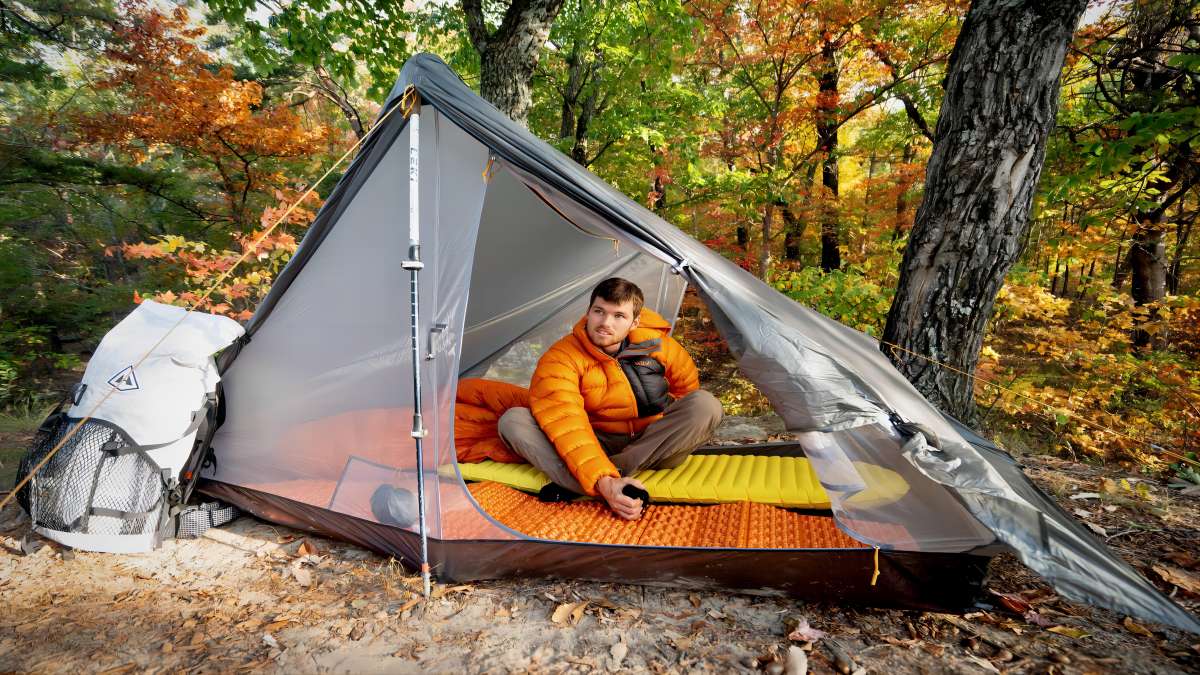
-
- How to Choose the Right Sleeping Bag
- By Prodosh Kundu 19 Aug,2024

-
- Top Global Golf Destinations For The Retired Players
- By Prodosh Kundu 15 Oct,2024

-
- Want to travel? Six tips to make you travel-ready for any season
- By Sharadha Narayanan 21 May,2024

-
- Traveling Along American Riverbanks: Grand River, Red River
- By Kamal Singh 21 May,2024

-
- Winter Golf for Seniors: Unquenchable Enthusiasm in the Cold Air
- By MTH 15 Oct,2024

-
- Six reasons a National Park should be on your travel list in 2024
- By Sharadha Narayanan 21 May,2024
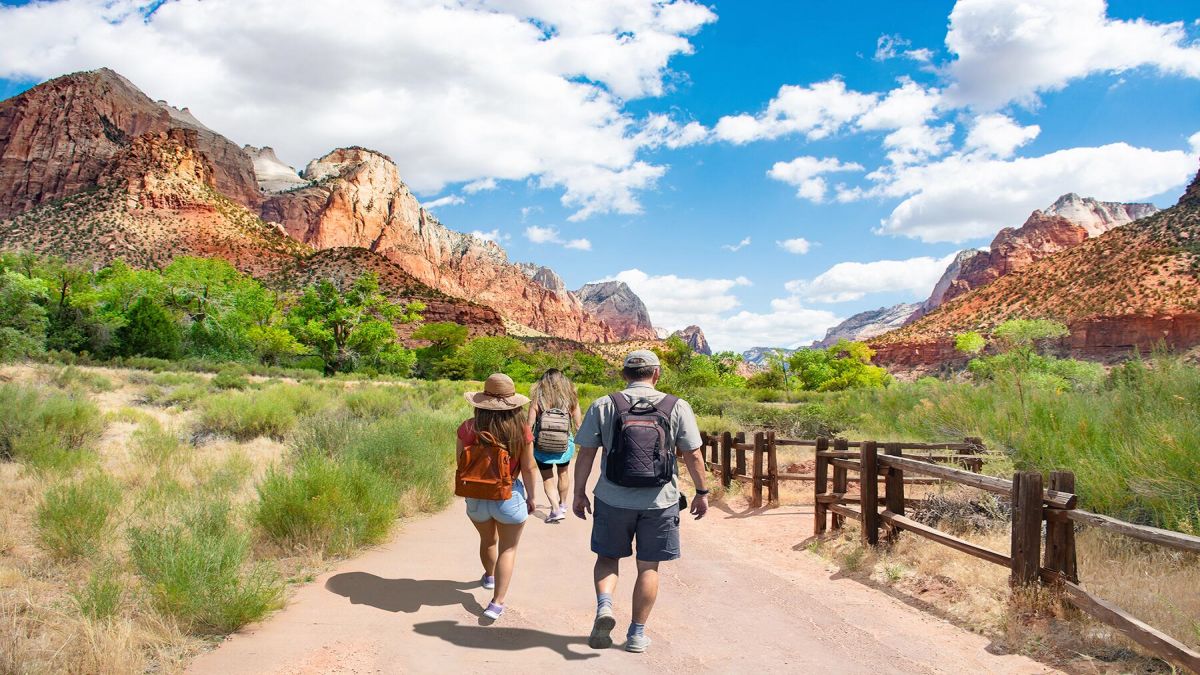
 1
1 1
1